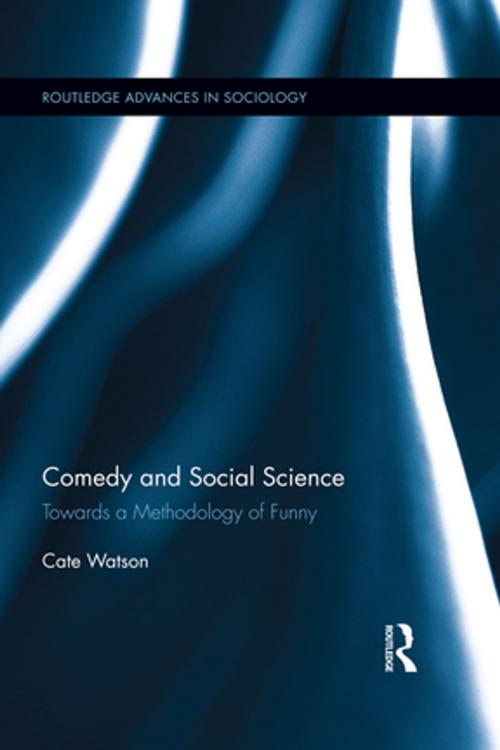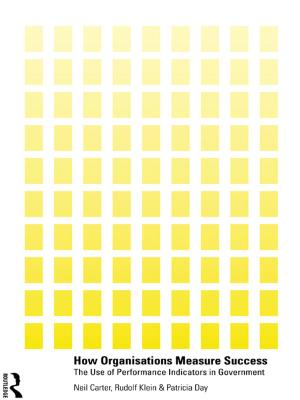Comedy and Social Science
Towards a Methodology of Funny
Nonfiction, Social & Cultural Studies, Social Science, Sociology| Author: | Cate Watson | ISBN: | 9781317551874 |
| Publisher: | Taylor and Francis | Publication: | June 12, 2015 |
| Imprint: | Routledge | Language: | English |
| Author: | Cate Watson |
| ISBN: | 9781317551874 |
| Publisher: | Taylor and Francis |
| Publication: | June 12, 2015 |
| Imprint: | Routledge |
| Language: | English |
While there have been many sociological and psychological studies of humor, few can claim to be funny. Humor may be regarded as a legitimate topic for social scientists, but in general, they present their research rather seriously. In academia, humor tends to be trivialized and dismissed. This is more than just a missed opportunity for otherwise fun-loving academics. In literature, it is readily accepted that comedy is integral to the human condition. To ignore humor is to reject a potentially insightful methodological approach, as the humorous worldview presents unique opportunities for investigating the social. This book constitutes a unique resource, presenting chapters on irony, satire and parody as tools for analysis and means of representation, as well as considering humor in the conduct of research, and offering guidance on getting published. Through presenting examples from across the social sciences, the book seeks to persuade and inspire rather than to prescribe an approach – a closure which would (ironically) be inimical to the multiplicity and ambiguity which characterizes humorous research and lends it its distinctive edge.
While there have been many sociological and psychological studies of humor, few can claim to be funny. Humor may be regarded as a legitimate topic for social scientists, but in general, they present their research rather seriously. In academia, humor tends to be trivialized and dismissed. This is more than just a missed opportunity for otherwise fun-loving academics. In literature, it is readily accepted that comedy is integral to the human condition. To ignore humor is to reject a potentially insightful methodological approach, as the humorous worldview presents unique opportunities for investigating the social. This book constitutes a unique resource, presenting chapters on irony, satire and parody as tools for analysis and means of representation, as well as considering humor in the conduct of research, and offering guidance on getting published. Through presenting examples from across the social sciences, the book seeks to persuade and inspire rather than to prescribe an approach – a closure which would (ironically) be inimical to the multiplicity and ambiguity which characterizes humorous research and lends it its distinctive edge.















